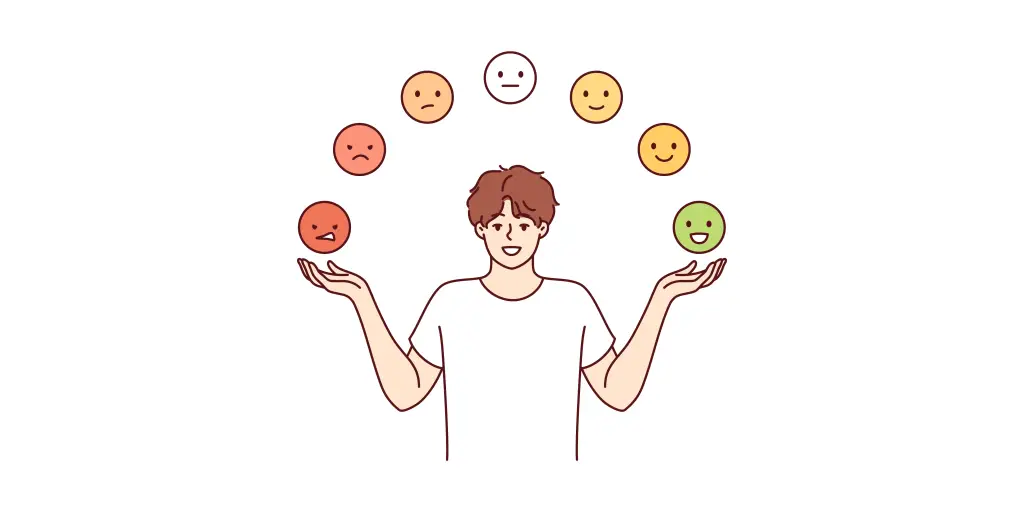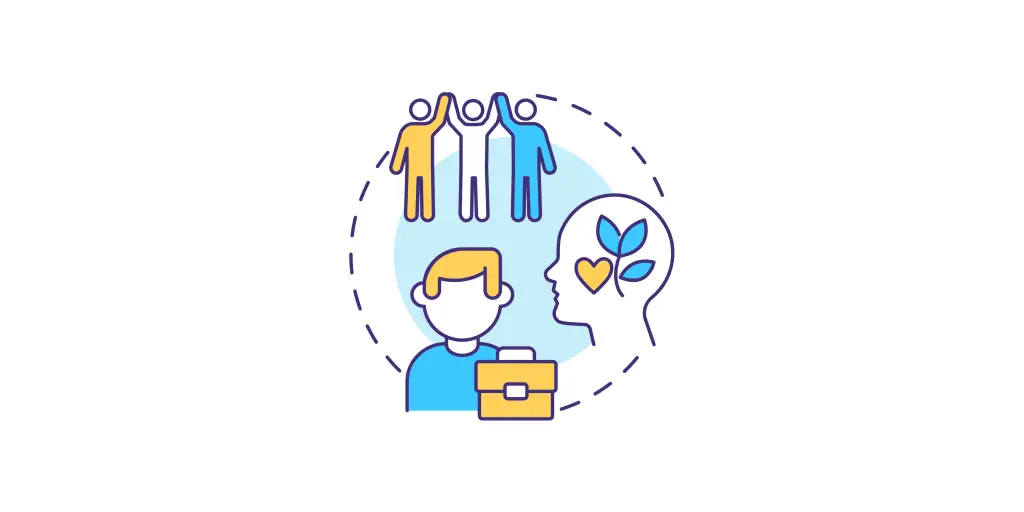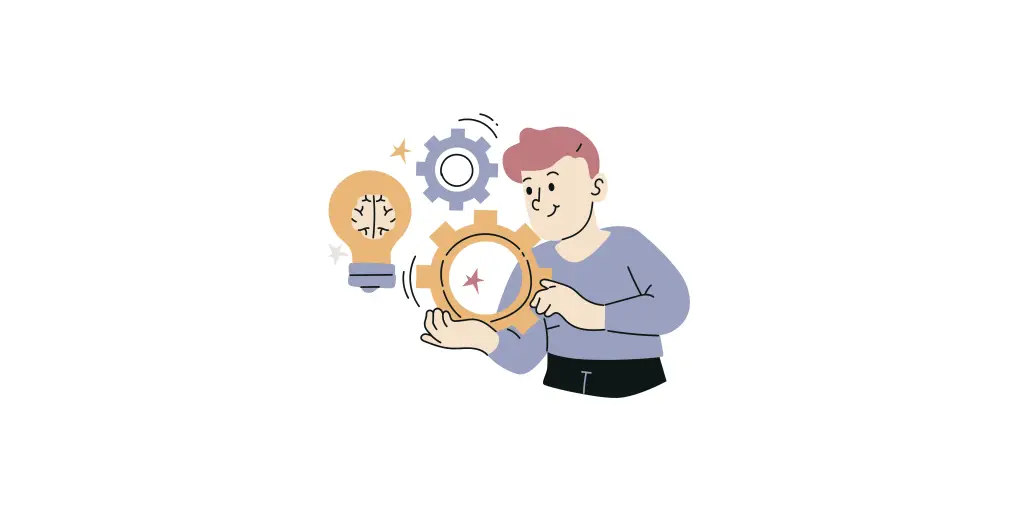Table of Contents
Introduction
Happiness, often regarded as the pursuit of a fulfilling and positive life, is more than a fleeting emotion—it is a profound state with far-reaching effects on our well-being. In recent years, the scientific exploration of happiness has gained momentum, revealing a complex interplay between positive emotions and health. This article delves into the science of unraveling the intricate connections between positive emotions and the overall health of individuals.
What is Happiness?
Happiness is a multifaceted concept that extends beyond mere pleasure or contentment. Positive psychology, a field that emerged in the late 20th century, focuses on the study of human flourishing and well-being. Happiness, in this context, encompasses elements such as life satisfaction, positive emotions, engagement, meaning, and accomplishment. Researchers and psychologists seek to unravel the components that contribute to a fulfilling and joyful life.
The Positive Emotions and Health Connection

Stress Reduction
One of the most studied links between positive emotions and health is the role of positivity in stress reduction. Chronic stress is associated with a range of health issues, including cardiovascular problems, weakened immune function, and mental health disorders. Positive emotions, whether derived from personal achievements, social connections, or moments of joy, have been shown to mitigate the physiological and psychological impact of stress.
Immune System Boost
The science of psychoneuroimmunology explores the connections between the mind and the immune system. Research indicates that positive emotions can contribute to a robust immune response. Optimistic individuals tend to show better immune function, emphasizing the role of happiness in supporting the body’s defense mechanisms against illnesses.
Cardiovascular Health
The cardiovascular benefits of positivity are noteworthy. Positive emotions, such as gratitude and joy, are associated with lower blood pressure, reduced heart rate, and overall cardiovascular well-being. The impact extends to a lower risk of heart disease, emphasizing the cardioprotective effects of a positive emotional state.
Pain Tolerance and Resilience
Positivity appears to influence an individual’s pain tolerance and resilience. Studies suggest that positive emotions can increase pain thresholds and contribute to a greater ability to cope with physical discomfort. This suggests that cultivating a positive mindset may play a role in managing chronic pain conditions.
Longevity
The pursuit of positivity is intertwined with a longer and healthier life. Research consistently demonstrates that individuals with a positive outlook tend to live longer. The mechanisms behind this longevity link involve healthier lifestyle choices, reduced stress-related damage, and enhanced overall well-being.
Factors Influencing Happiness

Genetics
Your well-being is determined by genetics, but it’s not the only factor. Your well-being is like a seed that needs fertile soil to grow. It depends on your genetics, but it also depends on your lifestyle choices and what you choose to do with your time. Even if you have lower genetic predispositions, you can make a big difference in your overall well-being by making positive choices and practicing mindfulness. By actively engaging in activities that improve your overall physical and mental health, you can break through your genetic boundaries and push yourself to be better.
Positive Psychology Interventions
In the quest for happiness, we’ve come to rely on positive psychology interventions. These practices focus on what makes us happy and what makes us well. For example, gratitude journaling is a great way to express gratitude, mindfulness exercises can help you focus on the present moment, doing random acts of kindness can help you feel connected and purpose-filled, and enjoying positive experiences can help you savor them more deeply. By adding these practices to your daily routine, you’ll be able to actively improve your happiness and outlook on life, helping you feel well beyond just feeling good.
Social Connections
Social connections are the foundation of a happy life. Whether it’s the love and support of a family, the laughter of a few close friends, or the feeling of belonging in a community, positive connections have a huge impact on our happiness. These connections give us emotional support, provide a buffer against life’s difficulties, and give us a sense of safety and belonging. When we nurture these relationships and create meaningful connections, we not only contribute to our happiness, but we also enrich the lives of the people around us.
Mindfulness and Present Moment Awareness
Mindfulness is the practice of living in the present moment and being aware of what is happening around us. Through mindfulness practices such as meditation, mindful breathing, and focusing on the present moment, we can create a state of calm, concentration, and gratitude for the little things in life. Mindfulness interventions have been shown to improve mood and mental health. By stepping outside of our minds and connecting with the environment around us, we can create peace and improve our overall happiness.
Purpose and Meaning
Purpose and meaning are at the core of happiness. It’s not just about having fun, it’s about living your life according to your values, making a difference in the world around you, and finding meaning in your life. Whether it’s starting a family, exploring your creative side, volunteering for an organization you care deeply about, or pursuing a particular career path, engaging in activities that align with your greater purpose will bring you a deeper sense of joy and fulfillment that goes beyond the simple pleasures of life. When you connect with your purpose, you set yourself up for more long-lasting and meaningful happiness.
Practical Strategies for Cultivating Happiness

Gratitude Practice
Gratitude is one of the most powerful motivators for happiness. Keeping a gratitude journal is a simple yet powerful way to practice gratitude. Taking the time to think about and write down the things you’re grateful for, no matter how small or large, can help you focus on the good things in your life. Not only does it help you feel better, but it can also improve your overall happiness because it reminds you of all the blessings in your life. When you express gratitude and recognize the good things in life, it helps you to have a more positive attitude and improve your overall happiness.
Acts of Kindness
Not only does kindness benefit the recipient, but it also has a positive impact on your health. Whether it’s a simple act such as holding the door open for someone or giving your time and effort to a cause you care about, kindness helps you connect with the world around you.
Kindness not only helps others, but it also releases chemicals in the brain that make us feel good and content. When you include acts of kindness in your daily life, you are creating a positive ripple effect that makes you feel better about yourself and the people around you.
Physical Activity
In addition to improving your overall health, physical activity also has a positive effect on mood. Exercise is a natural antidepressant because it releases endorphins. Endorphins are chemicals in the body that make you feel good. Physical activity not only improves mood but also improves overall well-being.
Whether you’re going for a walk, dancing the night away, or hitting the gym, anything that moves your body has the potential to significantly improve your mood. You’ll leave the gym feeling energized and happier than you’ve ever felt in your entire life. So put on your trainers, find a hobby you love, and enjoy moving your body.
Mindfulness Meditation
One of the best ways to improve your happiness is to practice mindfulness meditation. Mindfulness is the practice of paying attention to the present moment to increase your awareness and inner peace. For example, mindfulness practices such as paying attention to your breathing or paying attention to your thoughts without judging them can help you to break away from thoughts and concentrate on the present. This can help you to reduce stress and anxiety, as well as to enjoy life’s simple pleasures.
Regular mindfulness meditation is proven to improve your health and well-being. It can also help you to feel happier for longer periods by promoting a calmer and more centered state of mind.
Cultivating Social Connections
Social connection is one of the most important elements of well-being. Being surrounded by friends and family, having strong relationships, and engaging in social activities are all important for happiness and well-being.
Social connections provide us with a sense of belonging, emotional support, and a sense of meaning.
When we spend quality time with our loved ones, spend quality time with family and friends, or join a social club, meaningful social connections make us feel appreciated, included, and less alone.
By investing time and energy in creating meaningful social connections, we enrich our own lives as well as enrich the lives of those around us.
This creates a positive and supportive social network, which in turn promotes long-term well-being.
Conclusion
The science of well-being underscores the profound impact of positive emotions on health and overall wellness. As researchers continue to explore the intricate connections between well-being and various aspects of human health, individuals can actively cultivate positive emotions in their lives. By understanding the factors that influence well-being and adopting practical strategies to enhance positive emotions, individuals can embark on a healthier, more fulfilling, and joyous life.
Also Read: Optimize Health with Massage: 7 Transformative Benefits of Holistic Therapy
What is the relationship between happiness and longevity?
Research suggests that happier individuals tend to live longer, healthier lives compared to their less happy counterparts. Positive emotions have been associated with lower rates of chronic disease, reduced stress, and enhanced resilience, contributing to longevity.
How does happiness impact physical health?
Happiness has been linked to numerous physical health benefits, including lower blood pressure, reduced inflammation, strengthened immune function, and improved cardiovascular health. Positive emotions promote overall well-being and resilience against illness.
What role does happiness play in mental health?
Happiness plays a crucial role in promoting mental health and resilience against mental health disorders such as depression and anxiety. Positive emotions enhance mood regulation, resilience, and coping abilities, contributing to psychological well-being.






